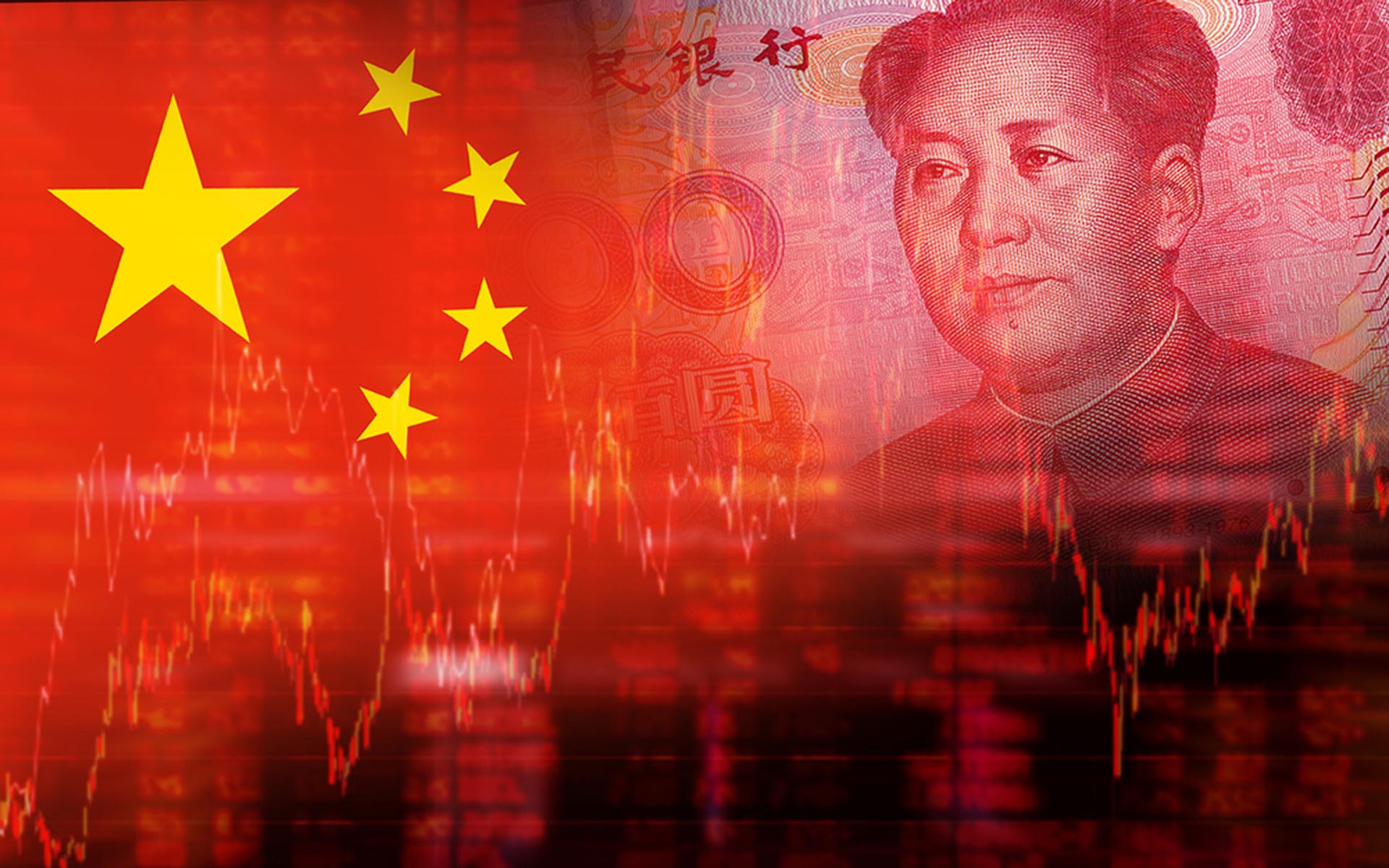Join Our Telegram channel to stay up to date on breaking news coverage
As the United States and China continue to compete in the global technology race, artificial intelligence (AI) development has become a focal point of their rivalry. China has made significant progress in AI development. Still, its efforts have been hampered by US trade restrictions that limit access to American-made chips, which are essential to developing AI systems. In response, China has been ramping up its chip development and is making strides in developing AI without relying on US technology.
The Importance of Chips in AI Development
Chips, also known as semiconductors, are at the heart of most electronic devices, including computers, smartphones, and other AI devices. They are tiny electronic circuits that perform calculations and data processing, allowing computers to operate. AI relies on chips for the processing power needed to analyze data and make decisions based on that analysis. As AI becomes more sophisticated, it requires more advanced chips with greater processing power and energy efficiency.
The United States has long been a dominant player in the global chip industry, with companies such as Intel, Qualcomm, and Nvidia producing some of the most advanced chips in the world. However, US trade restrictions have limited China’s access to these chips, slowing down its AI development.
In response to these limitations, China has invested heavily in developing its chip industry. The country has set up several national initiatives to support chip development, including the National Integrated Circuit Industry Investment Fund, which has allocated billions of dollars to support research and development.
Chinese companies, such as Huawei, SMIC, and Bitmain, have also been making progress in developing their chips. Huawei, for example, has developed its Kirin chips, which are used in the company’s smartphones and other devices. SMIC, China’s largest chip manufacturer, is also working on developing more advanced chips for AI systems.
China has also been developing its own AI algorithms and software designed to work with its domestically-produced chips. This approach allows China to develop its AI systems without relying on US technology.
The Challenges of Developing Chips and AI
Developing chips and AI systems is a complex and expensive process that requires significant research and development. It also requires access to the latest technologies and equipment, which can be difficult to obtain, especially for developing countries like China.
Another challenge for China is the need to attract top talent in AI. While China has significantly progressed in developing its talent pool, many top AI researchers and engineers are still based in the United States and other Western countries.
In addition, developing chips and AI systems requires a significant amount of energy, which can be costly and environmentally damaging. China has been working to address this issue by investing in renewable energy sources such as wind and solar power.
The Future of AI Development in China
Despite these challenges, China’s efforts to develop its AI industry have progressed. The country has already made significant advances in facial recognition technology and autonomous vehicles, and it is likely to continue developing more advanced AI systems.
China’s chip development and AI investments are also likely to have broader implications for the global technology industry. As China develops its technology, it may become less reliant on US-made chips and other components, which could impact the global supply chain for electronics and other products.
The US-China technology race will likely continue, with both countries investing heavily in AI development and other advanced technologies. As China continues to develop its own AI industry, it may become a more significant player in the global technology landscape, challenging the United States’ dominance in this field.
Join Our Telegram channel to stay up to date on breaking news coverage


